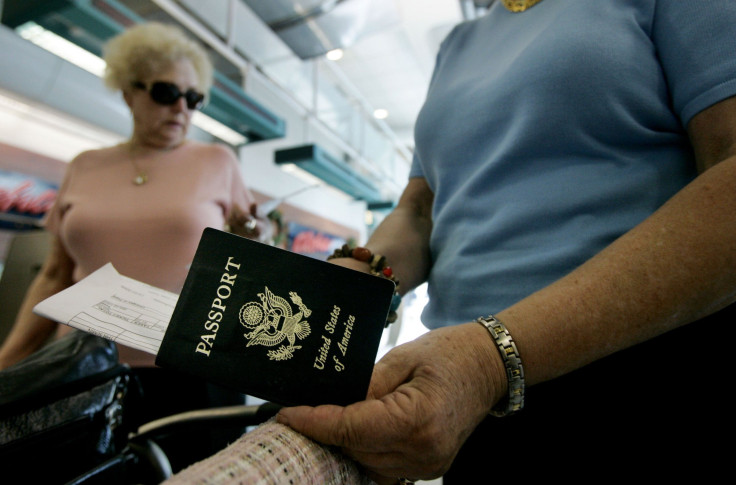Passport For Intersex Person Refusing To Pick Gender Cannot Be Denied: Judge

An intersex Colorado resident cannot be denied a passport just because they refused to select “male” or “female” as their gender on the application form, a federal judge ruled Wednesday.
U.S. District Judge R. Brooke Jackson called the Department of State’s decision of refusing Dana Zzyym a passport “arbitrary and capricious,” and rejected its reasons for doing so, including concerns that it would complicate the process of verifying an applicant’s identity and determining eligibility based on federal, state and local databases, Denver Post reported.
Jackson said “adherence to a series of internal policies that do not contemplate the existence of intersex people is not a good reason” for denying Zzyym a passport and consequently told the applicant’s lawyers to “call on the department to promptly issue a passport.”
Zzyym, who identifies as nonbinary in gender, having being born with ambiguous physical sexual characteristics, first refused to pick a gender in the application form in 2015. Zzyym instead requested for the State Department to allow an alternate specification of gender “X” on the form, which was not granted.
As a result, Zzyym sued the department. In 2016, a judge urged the State Department to reconsider the applicant’s request. In the same year, Zzyym reapplied for a passport, again refusing to mention a gender. The application was denied a second-time last year.
“I’m not going to lie on my passport application, I shouldn’t have to, and the judge here, twice, has agreed with me,” Zzyym said in a statement released by the LGBT civil rights organization.
Although Jackson did not specifically order the department to issue Zzyym a passport, he categorically made it clear the reasons cited by them for the denial of the application were not good enough.
“Dana has been waiting since 2014 to be able to have the ability to travel but wasn’t willing to risk lying about who they are in order to secure a passport,” he said.
Lambda Legal senior attorney Paul Castillo said although the ruling applied solely to Zzyym, it was a “groundbreaking, first-of-its-kind” decision that might pave way for federal government to be more inclusive of other gender identities in legal documents in the future.
The International Civil Aviation Organization, the United Nations agency that sets standards for international travel documents, recognizes the marker “X for unspecified,” for people who do not want to select male or female as an option on the applications. This norm has been implemented by a number of countries across the world, along with the additional marker of “O” by some of them.
In 2010, the State Department issued a new policy that let a person change their specified gender in an earlier valid passport by reapplying for a revised version.
“Under the new policy, a transgender person can obtain a passport reflecting his or her current gender by submitting a certification from a physician confirming that he or she has had appropriate clinical treatment for gender transition,” National Center For Transgender Equality stated.
The policy did not extend to include people born with alternate sexual characteristics.
© Copyright IBTimes 2024. All rights reserved.






















